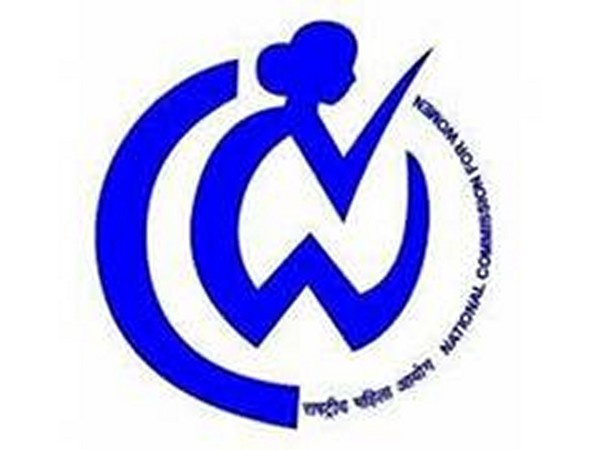Empowering Women: Tackling Punjab's Drug Crisis with Renewed Focus
The NCW, in partnership with Panjab University, is launching awareness campaigns targeting women's empowerment amid Punjab's drug crisis. Programs in eight districts will focus on education, support, and community engagement. The initiative seeks to open dialogue and offer support services, addressing both direct and indirect impacts on women.

- Country:
- India
The growing drug abuse crisis in Punjab is casting a serious shadow over the lives of women, subjecting them to a range of adversities from domestic violence to health complications. Amid urgent calls for a gender-sensitive approach, the National Commission for Women (NCW) is joining forces with Panjab University to spearhead awareness campaigns aimed at mitigating the harmful effects of drug abuse while empowering women. In a strategic rollout, initial programs will take place in eight districts, underscoring education, support services, and community engagement as pillars for fostering resilience and empowerment, said an official statement.
The NCW's inaugural program, slated for January 24, 2025, will shine a spotlight on Punjab's escalating drug menace and its dire impact on women. The program seeks to nurture open dialogue on this critical issue, emphasizing the significant challenges women encounter—whether through their own addiction or their roles in families and communities impacted by substance abuse.
Punjab Governor Gulab Chand Kataria, alongside NCW Chairperson Vijaya Rahatkar, will kick off the event at Panjab University, signalling the urgency of tackling this crisis through collaborative efforts. Rahatkar highlighted, "This drug menace transcends a health issue; it's a social crisis disproportionately affecting women. We must collaborate to uplift and support the women at the forefront of this battle in their homes and communities." The event will be followed by a Jan Sunwai at UT Guest House in Chandigarh, where Rahatkar will interact with women complainants to hear their grievances and extend the Commission's support. Additionally, she will visit the Model Jail in Chandigarh to better understand the plight of incarcerated women, many of whom are ensnared by substance abuse. This marks a pivotal chapter in the NCW's continued commitment to addressing the intersection of drug addiction and women's welfare across Punjab.
(With inputs from agencies.)










